If I were to ask you what is the first thing that comes to your mind when you think of Africa without any fear of social judgement, what would you say? The Lion King, poverty, coups, corruption, civil war, tribalism, zebras, and rhinos are all valid and understandable answers that most Westerners would respond with, including the writer of this article.
Whether it be through mainstream media, Disney movies, or controversial headlines, the West has looked at the African continent through a pitiful yet indifferent orientalist lens for centuries. While the opinion of Westerners might seem irrelevant at first glance, this destructive narrative that captivates our minds and hinders our natural curiosity heavily impacts African politics and the continent’s fight for democracy and human rights.
How the West Views Africa and Why It Matters
Westerners often have a depiction of the African continent as one large country, stripping a continent with 54 independent nations with numerous languages, religions, and traditions of all its diversity. This is quite specific to Africa as most Westerners understand that China and Japan or Argentina and Brazil have different political systems, languages, and social norms despite sharing a continent full of problems.
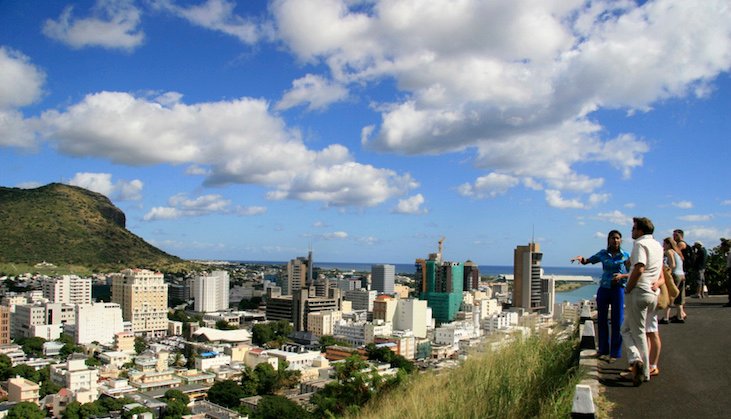
When the main headlines about Africa that dominate the news echo notions such as “why is Africa so poor” and “why is Africa constantly unstable,” it minimizes the entire continent in the minds of readers to a place ridden with poverty and tribal warfare. Such a notion implies this extremely diverse and complex region is one of one people with one set of problems. Therefore, an accurate understanding of any part of Africa is impossible to reach through this lens as the cultural and political differences between Nigerians, South Africans, and Egyptians are not taken into account.
A well-decorated Political Scientist and Professor at UC Davis who preferred to remain anonymous explained how the negative view shown in the media is also heavily impacted by Africa’s long-standing history with colonialism which has created several different social and economic cleavages in Africa. Likewise, Africa as a whole suffers greatly from a dangerous narrative of orientalism, described by renowned Palestinian intellectual Edward Said as a narrative that emphasizes, exaggerates, and distorts differences between Western culture and the Eastern world. Orientalism is what makes Westerners think of famine, corruption, and tribalism when thinking of Africa which degrades and generalizes African cultures.
The exaggeration of these differences is as powerful as it is inflated to the extent that many Africans in countries with significant European influence like Tunisia and Egypt don’t even consider themselves African. The orientalist lens that promotes Western culture as superior has many identify more with the ‘civilized’ European culture rather than the cultures they themselves are a part of.
When this is the picture the mainstream media paints, it becomes far easier for oppressive African governments to attack and discredit political opposition and Western governments are less likely to pay attention to growing problems in the region, as shown with the disregard of the continent during the vaccine race. The mixture of pity, superiority, indifference, and orientalism tailors a dangerous narrative that depicts all Africans as poor, pitiful, tribal people that have always been and will continue to be cursed with famine, war, and all things unstable.
However, a glaring question remains unanswered…
Are These Narratives True?
There is no question that the African continent has no shortage of poverty, civil war, and political instability. When we look to the present day, we see several disturbing developments. Sudan has recently experienced a military coup where the military took control of the transitional government tasked with moving the country on the democratic path, removing civilian Prime Minister Abdallah Hamdok and putting him under house arrest. Even after Hamdok was reinstated after signing an agreement with the military to restart the democratic transitions, many still speculate the Military’s willingness to allow a transition to democracy and civilian rule.
Tunisia, the starlight of hope from the Arab Spring that has been considered one of the freest African nations in recent years, also experienced a severe form of democratic backsliding after President Kaïs Saïed dissolved parliament last summer and expanded his own powers. Even Africa’s three largest nations are facing serious demons with Ethiopia plagued in a deadly civil war, pro-democracy activists in Nigeria unable to hold the government accountable for hiring thugs to kill protesters, and a continuous crackdown on all forms of political dissent in Egypt with thousands of journalists and human rights defenders unconstitutionally imprisoned in pre-trial detention.
Atop all of this, Africa still remains the continent with the highest rate of extreme poverty in the world. Such developments and facts are no doubt worrying and serious, but they in no way tell the whole story. The depiction of the entire continent as a homogenous, poverty stricken place, full of “shithole countries” with no hope for a better future is absurd.
To start, solely highlighting the most negative aspects of any region will automatically give a sense of hopelessness and despair. While it is extremely important to talk about the issues and troubles of a region, it cannot be the only time that African nations are mentioned in front-page articles. This focus when mixed with an unfair orientalist lens not only gives an inaccurate depiction of the region, but also robs Africans of their sense of dignity and ability to tell their own story.
When discussing the problems of the region, there must be an attempt to find a solution, not merely pointing out the struggles and worries. Another dangerous notion that is thrown around is that Africa has a deep history of political conflict and instability and therefore there is no hope for democratization. Yet prior to the second half of the 20th century, the same exact notion could’ve been said about Europe.
Nevertheless, a European continent, cursed with civil wars, poverty, and religious fundamentalism for hundreds of years was eventually able to move to a more prosperous political path that guarantees its citizens basic rights and liberties through public dissent followed by gradual political and social victories.
Can This Sort of Thing Happen in Africa?
Political dissent, revolution, and mass peaceful protests demanding increased political freedoms, economic reforms, and a path towards democracy have already happened across the continent for decades. The survey data by independent research center, the Afrobarometer, shows that a strong majority of Africans believe democracy is the best political system for their country.
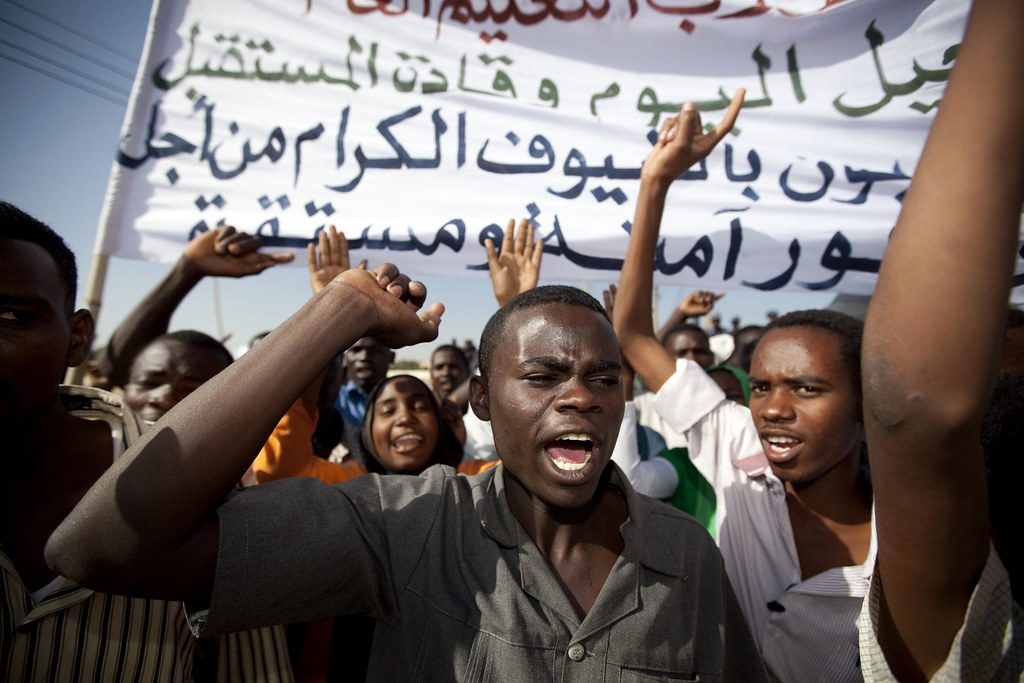
From Algeria to Zimbabwe and from Ghana to Kenya, activists, journalists, and human rights defenders have risked their lives for decades across the continent to advance democracy with little to no attention from Western media.
So if Africans are Fighting for Democracy, Why Aren’t We Hearing About It?
The key reason behind the survival of these dangerous narratives is their political benefit and convenience in the West. For the media, depicting Africa as a poor, homogenous, crisis-ridden region attracts clicks and is eaten up by western audiences. Politically, this narrative simultaneously gives Americans and Europeans a dose of both cultural superiority used by conservative parties that often tout the superiority of traditional Western values and a dose of pity and white guilt used by liberal parties that manipulate people’s sympathy to play identity politics.
In either form, this narrative is lucrative and continuous. As a result, what is put in the spotlight for Western audiences to view is an unfair, inaccurate, and dangerous narrative that makes global and local recognition and legitimacy hard to come by for the African revolutionaries who risk everything to defend the rights of their people.
So What Can We Do?
Just as constant rebellion and gradual improvements were the keys to moving European democracy forward, small victories and continued protests demanding civil liberties and democratic transition will move Africa on its desired path to democracy which is already happening in many parts of the continent. Countries like South Africa have seen surprising political changes in elections that have led to the fall of presidents and political powers that have dominated the political sphere for years, giving an opportunity for new and innovative political parties to have a chance at governing.
The mainstream media echoed notions of worry and fear of instability in South Africa with the African National Congress, the party of Nelson Mandela, losing more political power than ever before in South Africa.
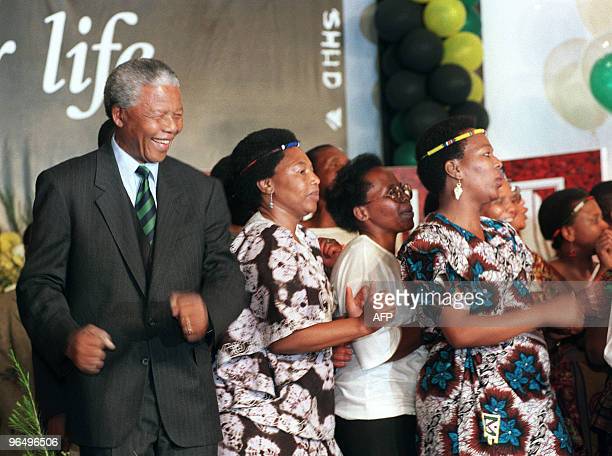
But as the UC Davis Professor emphasizes, the most recent South African elections are exactly how democracy is supposed to work and should make us cautiously hopeful. South Africans have shown the ANC that they can no longer be complacent in power and that the people of South Africa will no longer blindly support their corrupt politicians who have failed to solve the country’s key issues.
In countries experiencing a decline in the quality of democracy like Tunisia and Sudan, where regimes threaten to reverse democratic momentum, the fearless reformers that were the spearheads of their countries respective revolutions continue to be a thorn in the side of these regimes by protesting en masse against the loss of their rights and their country’s future. Even in authoritarian countries where analysts often claim that revolutionary spirit has disappeared, small victories mean everything.
In Egypt, the victory of several NGOs in a decade-long legal battle to allow them to resume their activity in the country was seen by many as a beacon of hope. Along with the publication of “You Have Not Yet Been Defeated,” a book written by one of Egypt’s most influential intellectual and revolutionaries Alaa Abd el Fattah, into international literary markets despite Abd El Fattah being sentenced another 5 years in prison on sham charges, both developments revive and amplify the presence of political resistance, even if only symbolically.
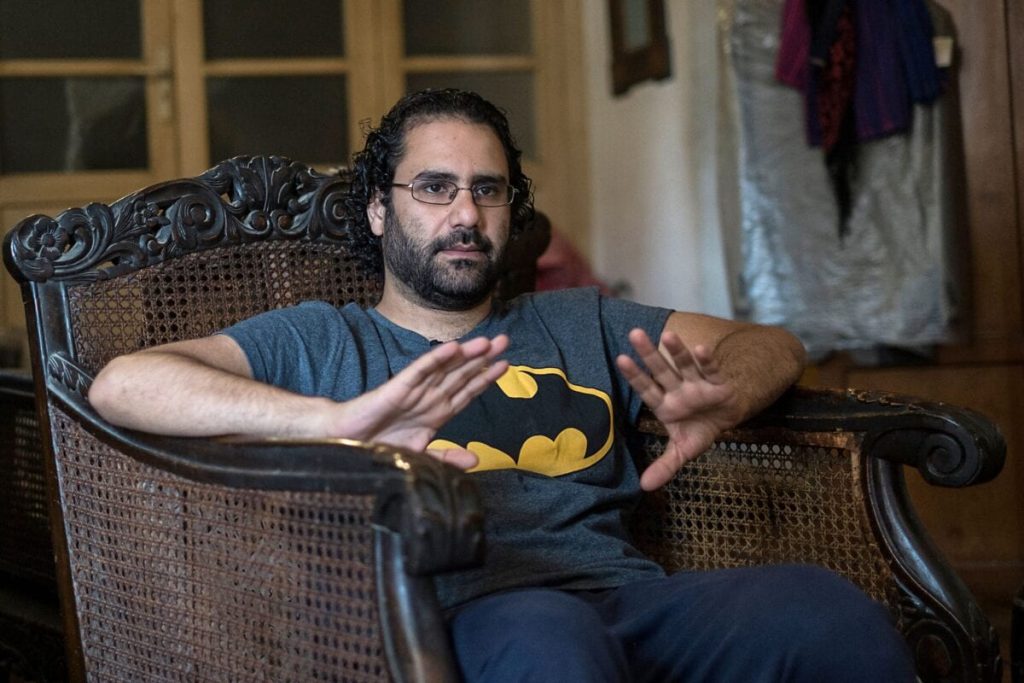
The UC Davis professor also emphasized the importance of growing internet access across Africa giving young Africans needed tools to express themselves and understand the world around them better. In literature, Abdelrazak Gurnah’s surprising win of the Nobel Prize in Literature in 2021 as the first African to win the prize since 1989 empowers many Africans to continue to tell the stories of their countries and communities despite the setbacks they face.
All these victories, even if minor, are baby steps towards a freer and more just Africa. In the West, all we need to do is try to curb the impact of the inaccurate and unfair narratives that have been thrown around and give the defenders of democracy the spotlight and recognition they deserve. As for the activists themselves, as Alaa Abd El Fattah explains in his book, “we always find a way.”
This article was first published on the Davis Political Review, and was written by Nour Taha. The Davis Political Review is a magazine dedicated to publishing political commentary for students, by students, with a focus on generating insightful and informative conversations about political issues taking place at the state, national, and international level.
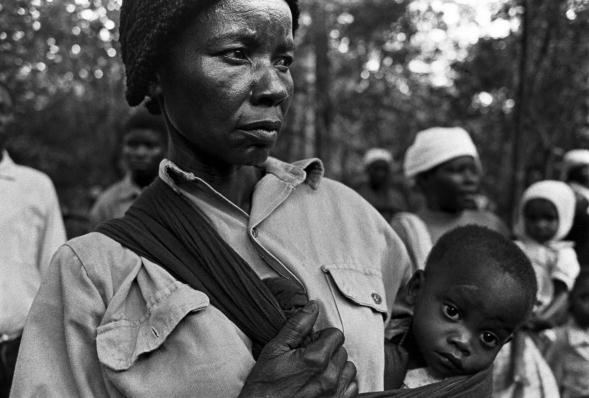



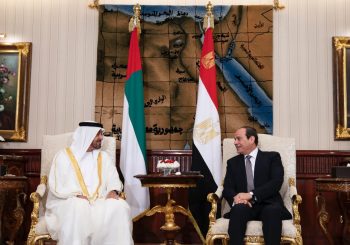
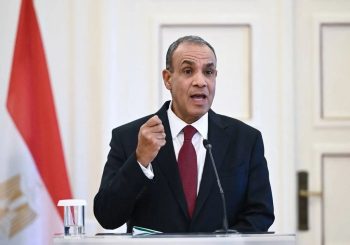
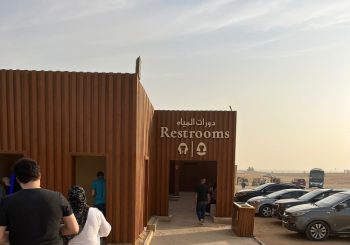
Comments (2)
[…] How Changing the African Narrative Can Change the Region 5 Soldiers, 7 Terrorists Killed After Military Retaliation in Sinai […]
[…] كيف يمكن لتغيير السرد الأفريقي تغيير المنطقة […]